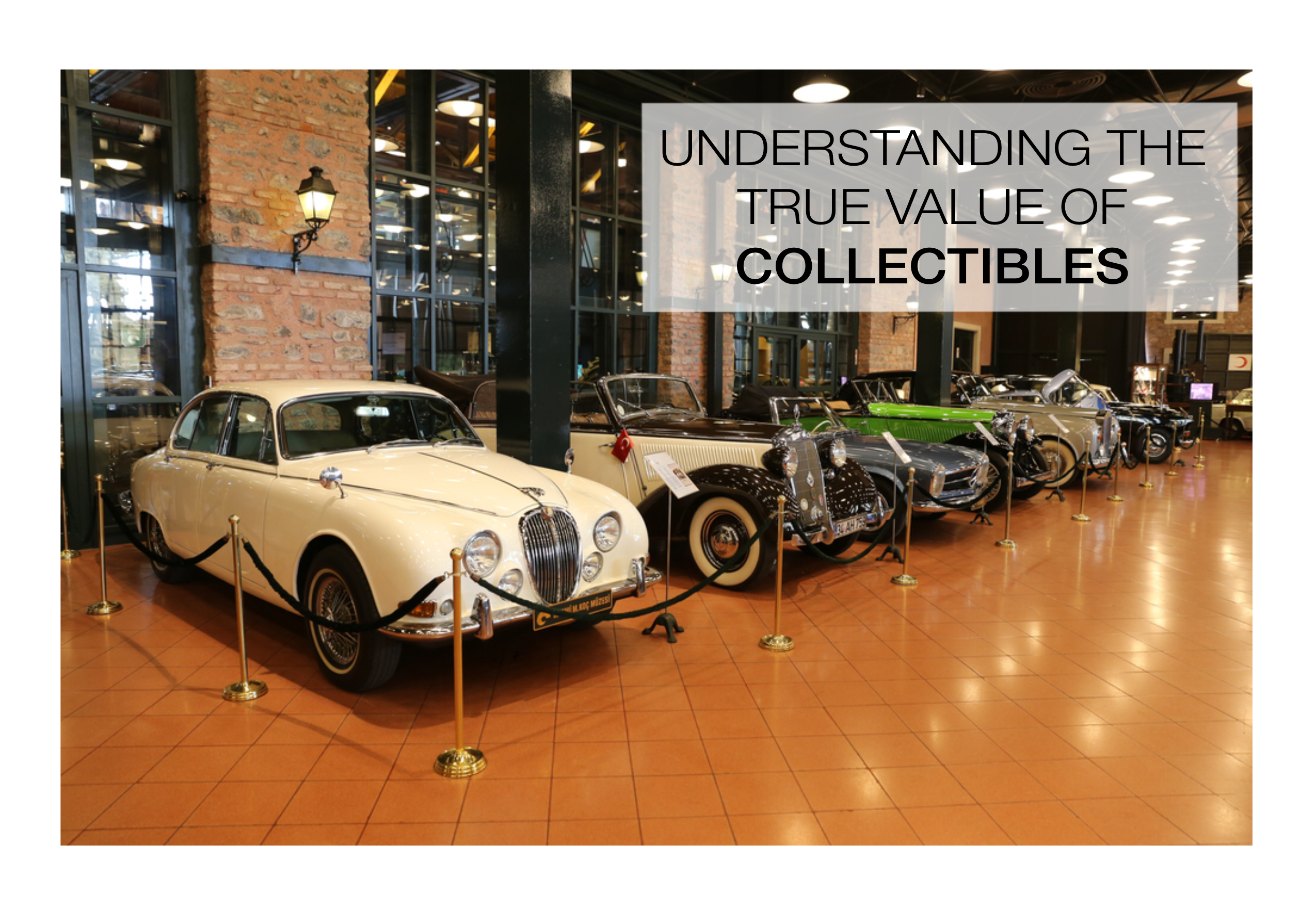Since 2008, the stock market seems to have more daily fluctuations. Meanwhile, the bond market is bracing for the impact of higher U.S. interest rates. In an environment where traditional assets are under pressure, it’s not surprising that many investors appreciate having alternatives in their portfolio.
Whilst real estate, private equity, commodities and hedge funds can all play a role in a diversified investment portfolio, don’t forget about collectables. You may have several pieces of fine art, a nice collection of jewellery, antiques, watches, fine wine, or even a classic car or yacht. These items may be unique, or available in limited quantities, making them attractive to other collectors. The value of those collectibles, can be multiplied, if you have an extensive collection that isn’t replicable or obtainable anywhere else.
Along with the personal pleasure they provide, collectibles can serve as a hedge against inflation or offer opportunities for appreciation, income or tax credits. They can also counterbalance the swings of the traditional financial markets as they remain non-correlated, however they tend to be illiquid assets whose values are driven predominantly by demand from other collectors rather than interest rates or economic factors.
What to do with collectables
If you own collectables, there are several steps you should take to protect and enhance their value. Firstly, you should bring in a professional in the field who can evaluate each item and determine its approximate value and the added value of having a collection. But don’t ask a specialist in fine art to assess the value of your classic automobile or vintage yacht, as those are very different areas of expertise.
You should also be careful to protect the safety of your collectables and talk with your insurance company to ensure they are covered under your policies. It’s also important to organise and preserve the documentation related to your collectables, such as bills of sale, certificate of authenticity or appraisals. If you plan to sell a work of art sometime in the future, for instance, you will need to show proof of authenticity to potential buyers.
Planning ahead
Whether you are still acquiring new pieces, maintaining your collection or considering selling your assets, an outside professional can assist you in determining the best strategy for any one of these options.
That is especially important for wealthy families, as there may be thorny questions to consider when preparing estate plans. For instance, one heir may love your collection and want to retain everything, whilst another would prefer to sell the items and use the cash for other purposes. In this case, a facilitated family discussion can help identify the key issues and defuse potential conflicts before they erupt into emotional battles.
An objective financial professional can also point out options for the disposition of your collection, that you may not have considered. For example, there could be significant tax benefits from donating your collectables to a charity. You could also lend your collection to a museum, giving other families an opportunity to appreciate your pieces. Antique toys, cars, yachts or aircraft could be put on display, potentially generating a modest stream of income for you and your heirs.
Wether you have a collection or are considering starting one, consider your personal goals and talk with an independent advisor to see how you can structure, build and maximise the true value of collectables for you and your family.

Leave A Comment